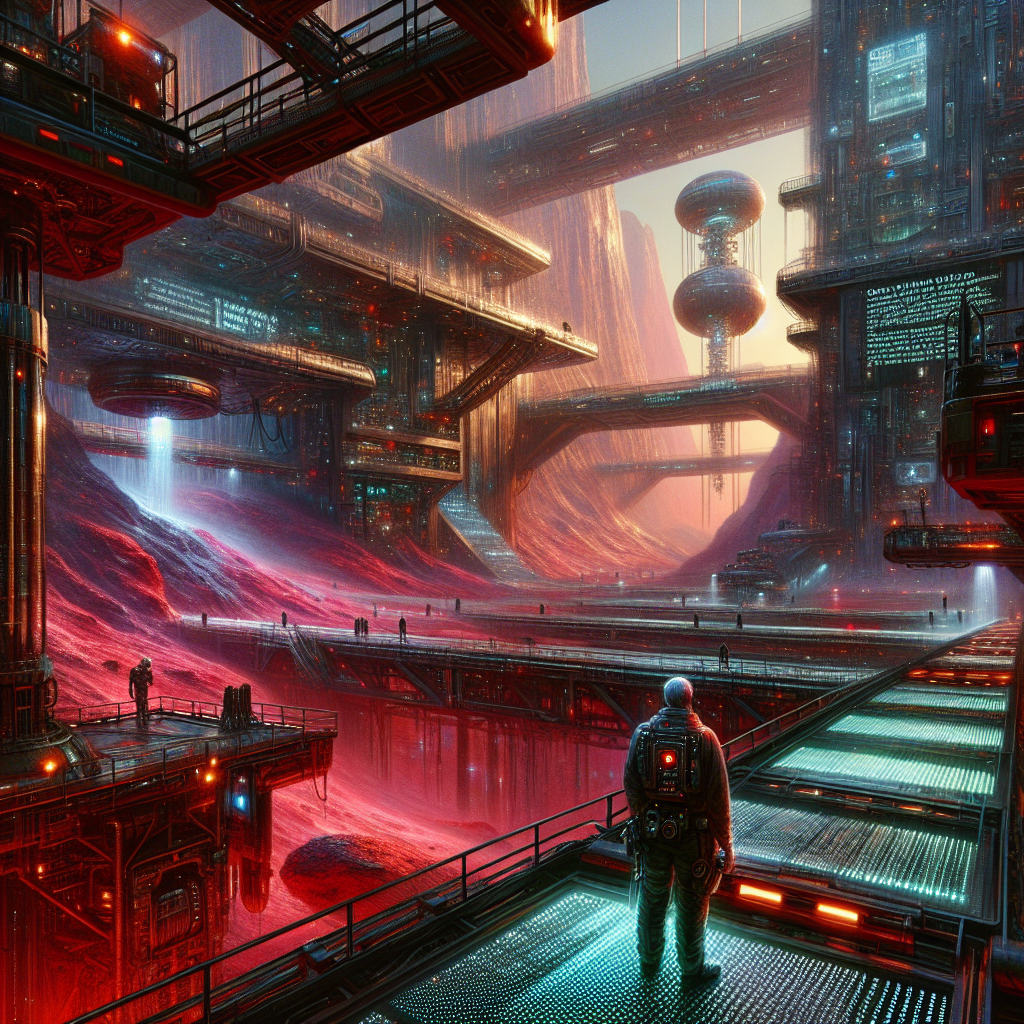- Details
- Written by: Valenenzia Gruelle

The question keeps boomeranging through boardrooms and break rooms: Will AI take your job? The query is newly sharpened by a sober headline from the computing establishment—“Will AI Take Your Job?”—which captures the cultural temperature as much as the current evidence [10]. But the more urgent version is one we too often ignore: Will AI take your job if you are disabled, chronically ill, neurodivergent, or otherwise pushed to the margins of the labor market? Whether intelligent machines become prosthetics for human capability or bulldozers of fragile opportunity depends on choices we make now—how we design, deploy, and govern tools that could either widen or bridge the access gap.
- Details
- Written by: Valenenzia Gruelle

Gen Z’s plea is not for ping‑pong tables or perfunctory “wellness” days. It’s a demand that managers change the way we work, full stop—a mandate captured bluntly in a recent headline: Gen Z want managers to change the way we work [7]. The urgency in that line lands differently depending on whether you grew up on dial‑up or digital native instincts, whether you command software with ease or squint at yet another workplace dashboard. The danger is that we answer a generational call with a managerial shrug, mistaking a deep structural ask for style points. The opportunity is to use this moment to rebuild work as a commons, not a gated app: intelligible, humane, and navigable for all ages and backgrounds.
- Details
- Written by: Bob Fratenni

Eat, Poop, Die. It is a crude mantra for a sublime truth: animals transform worlds by cycling nutrients, fertilizing seas and soils, and stitching life into long, looping feedbacks. Humans, by contrast, have built a culture that mistakes disposal for progress, a one-way chute from extraction to landfill that severs the very loops that keep us alive. Rivers once ferried myths and meanings; today they are made to carry what we cannot be bothered to steward. If we want living waters and living futures, we must relearn reciprocity from the messy elegance of ecology and hardwire it into the institutions that govern the blue half of our planet.
- Details
- Written by: Alex Dupcheck

Threatening mass firings on the eve of a potential government shutdown is the wrong message at the worst moment. According to reporting, the White House has raised the specter of sweeping dismissals as Congress staggers toward a funding lapse [10]. At the same time, Democrats have doubled down on health care priorities in the negotiations, underscoring how central social protection has become to this standoff [8]. A healthy society must protect its weakest members—through health care, housing, and welfare—while also encouraging personal responsibility. But brinkmanship premised on fear distracts from designing capable, accountable safety nets, eroding trust in both government and the norms that sustain democratic compromise.











































